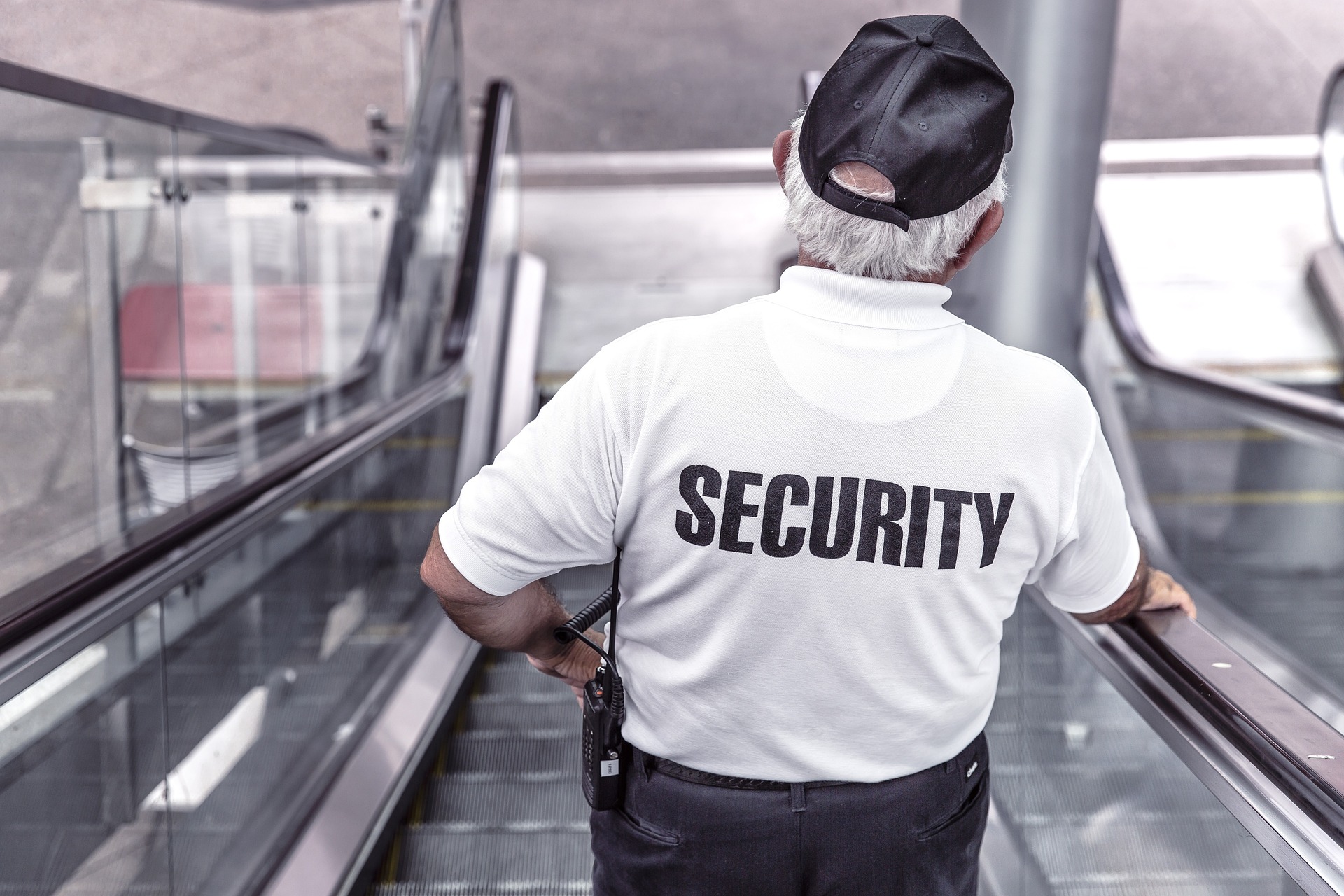Comprehensive Guide to Certified Security Guard Training
The security industry offers stable employment and rewarding career paths for individuals seeking to protect people, property, and assets. Becoming a certified security guard requires specialized training, licensing, and often specific certifications depending on your location and desired specialization. Whether you're looking to enter the field for the first time or advance your existing security career, understanding the proper channels for training and certification is essential for success in this growing industry.

How to Become a Certified Security Guard
The journey to becoming a certified security guard typically follows a clear pathway, though requirements vary by location. Most jurisdictions require candidates to be at least 18 years old, possess a high school diploma or equivalent, and pass a background check. The core steps generally include:
-
Research your local requirements – regulations differ significantly between states and countries
-
Complete mandatory pre-assignment training from an approved provider
-
Pass any required examinations with satisfactory scores
-
Submit application materials including fingerprints and background check authorization
-
Receive your security guard license or certification
Many employers prefer candidates who exceed minimum requirements, particularly those with military or law enforcement backgrounds. Additional specialized training in areas such as first aid, crisis management, or specific security technologies can significantly enhance your employability.
Top Rated Security Guard Training Programs
Quality training provides the foundation for a successful security career. The most respected programs typically share several characteristics that set them apart:
The best security guard training programs combine classroom instruction with practical exercises and real-world scenarios. They cover essential topics including legal authorities and limitations, emergency procedures, conflict de-escalation, report writing, and observation skills. Programs with high placement rates often maintain relationships with major security employers and provide job placement assistance for graduates.
Industry-leading training providers frequently offer specialized modules for different security settings such as retail, healthcare, corporate, or residential environments. Training quality can be evaluated through instructor credentials, facility reviews, curriculum comprehensiveness, and graduate testimonials. Before enrolling, research program completion rates and post-graduation employment statistics when available.
How to Get Security Guard License Without Experience
While prior experience is valuable, many jurisdictions provide pathways for newcomers to enter the security field. The key is focusing on meeting mandatory requirements and supplementing your application with transferable skills:
Most states and countries have established minimum training requirements that all applicants must complete regardless of background. These typically include 8-40 hours of instruction covering security fundamentals, legal responsibilities, emergency procedures, and communication protocols. By successfully completing this mandatory training and passing any required examinations, candidates with no prior security experience can qualify for entry-level positions.
Emphasizing transferable skills from previous employment or education can strengthen your application. Customer service experience demonstrates communication abilities, team sports show cooperation skills, and any leadership roles highlight responsibility. Some applicants also volunteer for security-adjacent roles at community events to gain relevant experience before formal employment.
Benefits of Online Security Certification
Digital learning has transformed security education, offering flexible pathways to certification that accommodate diverse schedules and learning preferences:
Online security certification programs provide several advantages over traditional classroom-only instruction. They allow students to complete theoretical portions of training at their own pace, often at reduced cost compared to in-person programs. Quality online programs include interactive components such as scenario-based decision making, video demonstrations, and regular knowledge assessments.
Most legitimate online security training combines self-paced modules with required in-person components for skills that must be physically demonstrated. This hybrid approach maximizes convenience while ensuring practical competency. When selecting an online certification program, verify it meets your jurisdiction’s requirements and is recognized by potential employers. Look for programs that offer instructor access for questions, technical support, and placement assistance upon completion.
Finding Government Approved Security Guard Training
Official approval or accreditation ensures your training meets industry standards and satisfies licensing requirements:
Government approved security guard training programs have been evaluated and certified by relevant regulatory bodies. These programs follow standardized curricula that cover all mandated topics and meet minimum instructional hour requirements. Training providers should clearly display their certification numbers, licensing information, and regulatory approvals on their websites and marketing materials.
Most jurisdictions maintain searchable databases of approved security training providers on government websites. These resources allow prospective students to verify a program’s legitimacy before enrollment. Government approved programs often cost more than non-approved alternatives, but this investment prevents wasted time and money on training that won’t be recognized for licensing purposes. Additionally, approved programs typically include the most current legal information and industry best practices.
Training Costs and Provider Comparison
Security guard training costs vary significantly based on program length, specialization, and delivery method. The following table compares typical options:
| Training Provider Type | Basic Training Cost | Additional Certifications | Time to Completion |
|---|---|---|---|
| Community Colleges | $200-500 | $50-150 per certification | 2-6 weeks |
| Private Security Academies | $300-800 | $100-250 per specialization | 1-4 weeks |
| Online Providers | $150-400 | $75-200 per module | Self-paced (typically 1-3 weeks) |
| Employer-Sponsored Training | $0-200 (often subsidized) | Varies by employer | 1-2 weeks |
Prices, rates, or cost estimates mentioned in this article are based on the latest available information but may change over time. Independent research is advised before making financial decisions.
The investment in quality training typically pays dividends through better job opportunities and higher starting wages. Many employers reimburse training costs after a designated employment period, while others offer free training in exchange for contractual work commitments. Financial assistance may also be available through workforce development programs or veterans’ benefits for eligible individuals.
Advancing Your Security Career After Certification
Obtaining your initial security guard certification represents just the beginning of your professional journey. The security industry offers numerous advancement paths for dedicated professionals. Continuing education in specialized areas such as executive protection, surveillance technology, or emergency management can lead to higher-paying positions with increased responsibility. Many security professionals also pursue related certifications in fields like private investigation, risk assessment, or security management to broaden their career options and increase their market value.




